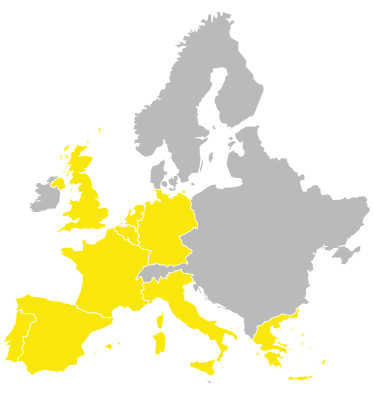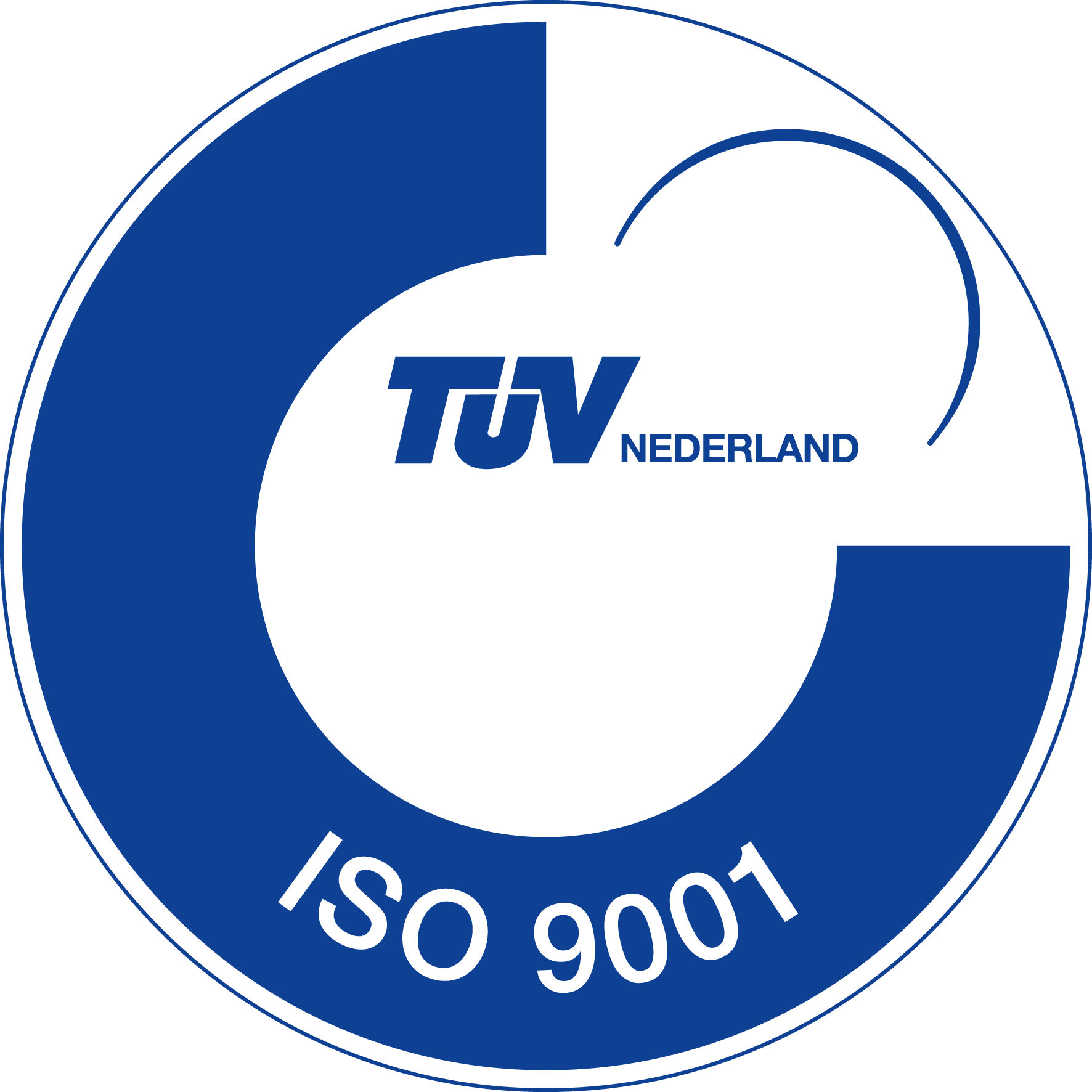Overview of the CARBAFIN project
CARBAFIN was set up to develop a new value chain for utilisation of surplus sugar beet biomass in the EU by converting glucose and fructose separately into value-added products at industrial scale.
The CARBAFIN technology proposes a two-platform biocatalytic conversion (“biorefinery”) of surplus sucrose from sugar beet. Products are functional glucosides, here demonstrated for glucosylglycerol or cellodextrins, and fructose, here investigated as the precursor for the platform chemical 5-hydroxymethylfurfural (HMF).
In more detail, glycoside phosphorylases, engineered as industrial glycosylation biocatalysts, will convert the glucose part of sucrose into innovative functional glucosides (platform 1). In parallel, the fructose part of sucrose will be exploited as substrate for production of HMF, a valuable platform chemical for the bio-based economy or as calorie-reduced additive in food industry (platform 2).
This two-platform biocatalytic conversion will be fully integrated with efficient downstream processing (DSP) methods, which will ensure the economic viability of the proposed value chains. CARBAFIN processes, and the products derived from them, will have sustainable large-scale applications in food and feed, cosmetics and bio-based plastics markets.
CARBAFIN started in January 2018 and continued until December 2021. It received funding from the European Union’s Horizon 2020 research and innovation programme.
The CARBAFIN project consortium consisted of eight members from five different countries. The results of the project were presented and discussed at EFIB 2021, Europe’s leading industrial biotechnology event.
Objectives of the project
- Develop a new value chain for utilisation of surplus sugar beet biomass in the EU.
- Establish a phosphorylase based platform for sustainable production of functional glucosides from sucrose.
- Find and develop new applications for glycosylated products in the food and feed, cosmetics, detergents and polymer sectors and for fructose as precursor of the platform chemical 5-hydroxymethylfurfural (HMF).
Our involvement in the project
PNO Chemistry performed a stakeholder analysis to support exploitation activities and establish a well-structured network. The analysis identified the most important stakeholders of CARBAFIN technology along the value chain and assessed their position towards the project’s results in order to set up engagement strategies.



